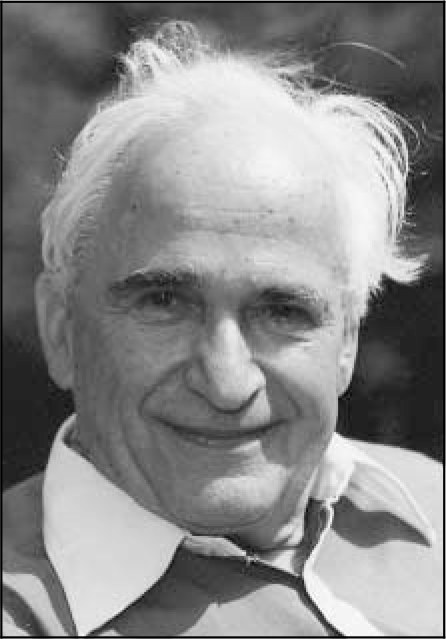
Formerly Consultant Psychotherapist at Runwell, Rochford and Basildon Hospitals, Essex
Andrew Charles Skarbek was inspired to specialise in psychiatry by Donald Winnicott while doing his first house job in paediatrics at the Paddington Green Children's Hospital. Skarbek started training in psychiatry at the Maudsley Hospital. He decided his future lay in psychodynamic psychotherapy and qualified as a psychoanalyst just 5 years after gaining his Diploma in Psychological Medicine. Soon after this he became involved with the Langham Clinic in London where he was the colleague of Ronald Laing. Skarbek was later appointed clinical director of the clinic when it was renamed the London Clinic of Psychotherapy.
Born in 1925 into a distinguished aristocratic family in Lwów (in what was then Poland), Skarbek's father was the last curator of the family charitable foundation which undertook the care, schooling and professional training of some 500 orphaned children. This way of life, including Andrew's formal schooling, came to an end with the outbreak of war in 1939. He escaped from Poland with his mother and older brother in a tortuous journey through Hungary, Austria and Italy, arriving in England at the end of 1946 to join his father, who had been serving throughout in the Polish Government-in-exile. In 1948 in this new country, faced with having to learn a new language, Andrew, who had already begun his medical studies at the University of Graz, Austria, entered medical school at St Mary's Hospital, and qualified in 1954.
Researching the effects of drugs on speech behaviour at the University College London Psycholinguistics Unit, he gained a PhD in 1967. In 1977, he was appointed consultant psychotherapist at Runwell, Rochford and Basildon Hospitals, where he developed the psychodynamic psychotherapy services for the local communities. He was also consultant to the Invalid Children's Aid Association School and Manor House School for children with language and communication problems and he was advisor to the National Association for Mental Health on residential establishments. In the early 1980s, he was briefly Associate Professor of Psychiatry at the University of Ottawa and in the early 1990s he led the group therapy programme at the Department of Psychotherapy at University College London Hospital.
He wrote a number of papers on psychopharmacological subjects and more recently a chapter on stresses in psychotherapists in the National Health Service (NHS) in the book Stress in Psychotherapists (Varma, 1997). After retiring from the NHS he continued private work.
He was a warm and lively man whose clinical approach to psychoanalytic psychotherapy was open minded. He was influenced by the ‘independent’ group of psychoanalysts in the British Psychoanalytical Society and was a member of a Freud-Jung study group.
He was married twice, first to Shelagh de Fane Morgan and then to Marjorie Wallace. He is survived by both, as well as by his seven children and Anna Teicher, his partner of the past 20 years. He died in November 2011.



eLetters
No eLetters have been published for this article.